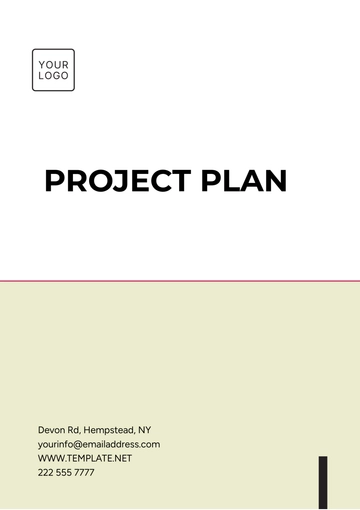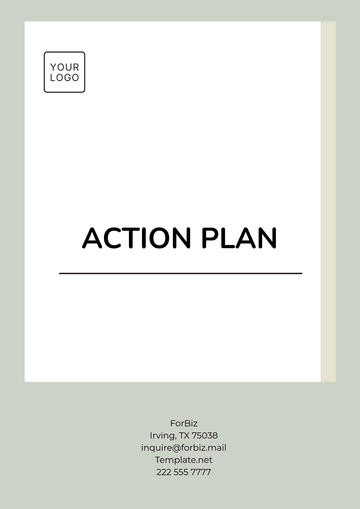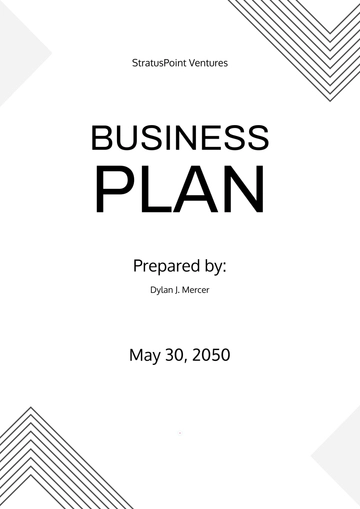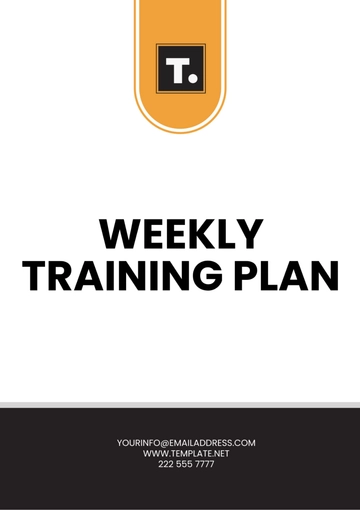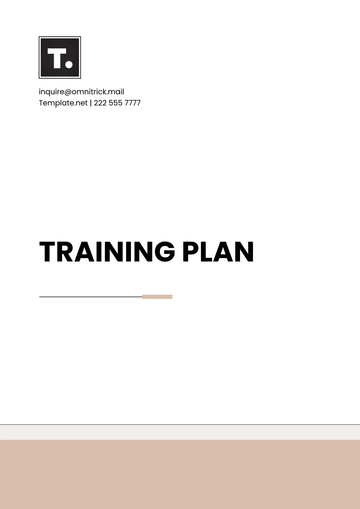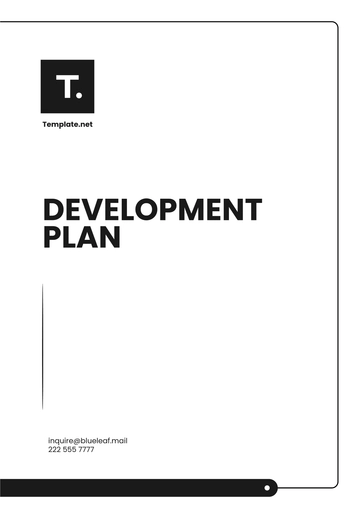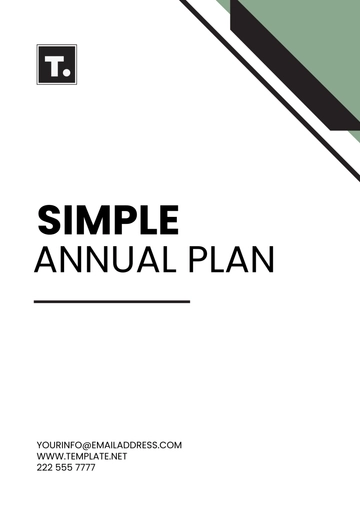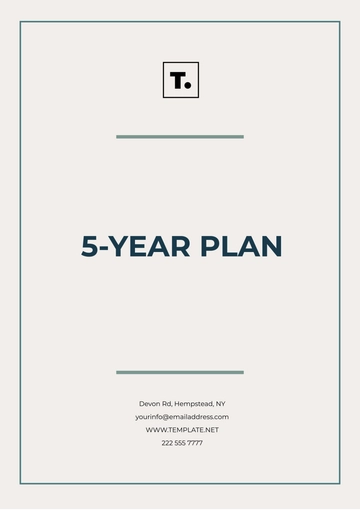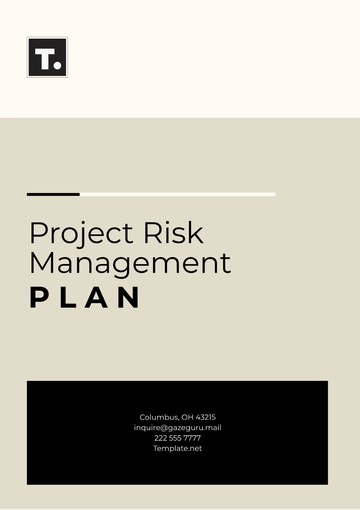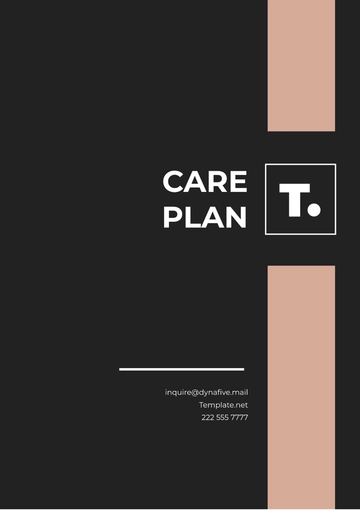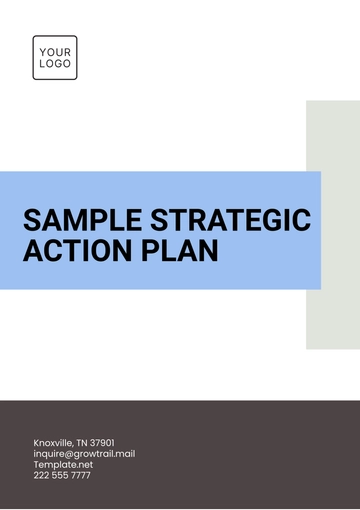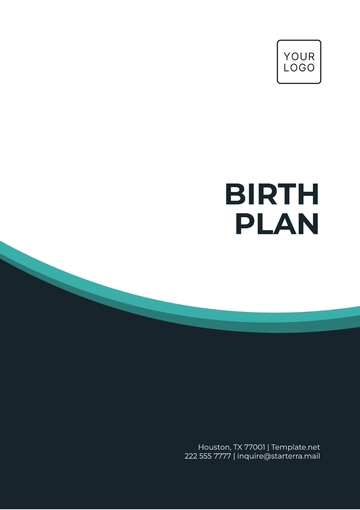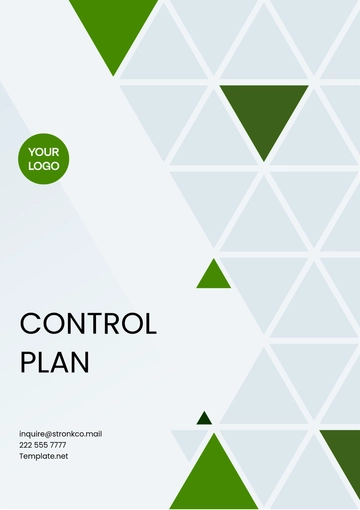Free Pharmaceutical Compliance Plan
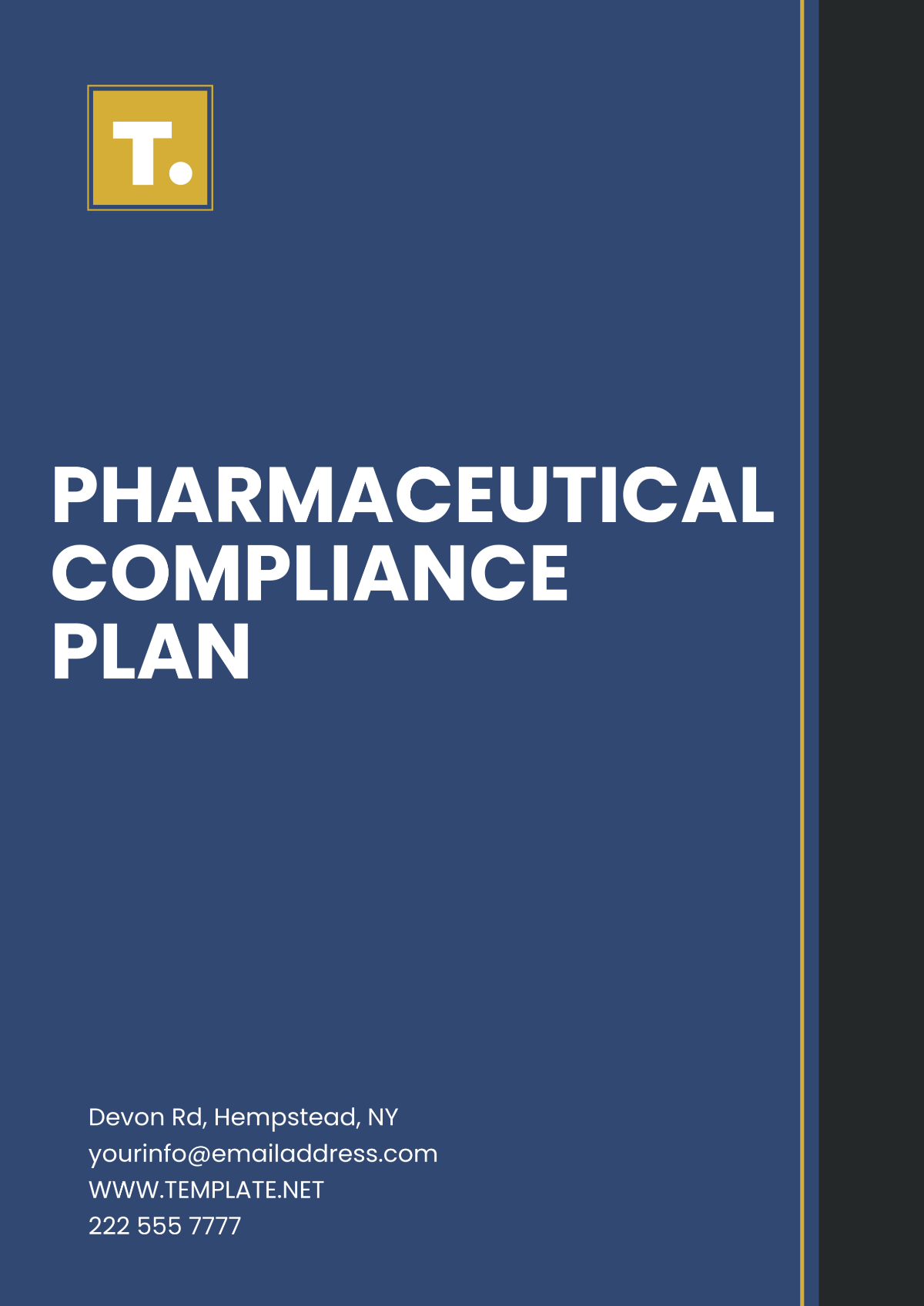
Date: [Date]
Prepared By: [Your Name]
I. Introduction
This Pharmaceutical Compliance Plan outlines the standards, procedures, and processes for ensuring that the pharmaceutical company complies with all applicable regulations, laws, and ethical guidelines governing pharmaceutical practices. It is designed to ensure product quality, patient safety, and corporate integrity.
II. Purpose
The primary purpose of this Compliance Plan is to:
Ensure adherence to applicable pharmaceutical laws, regulations, and industry best practices.
Prevent, detect, and correct violations of applicable regulations, including those related to the FDA, EMA, and other regulatory bodies.
Promote a culture of compliance, ethics, and transparency throughout the organization.
III. Scope
This plan applies to all operations within the pharmaceutical company, including:
Drug manufacturing, labeling, and distribution
Clinical trials and research
Marketing and sales activities
Employee training and regulatory compliance
Supplier and third-party relationships
IV. Compliance Risk Assessment
A comprehensive risk assessment will be conducted to identify compliance risks across all operational areas, including but not limited to:
Regulatory approvals
Safety monitoring
Marketing and advertising practices
Third-party relationships and contracts
Clinical trial integrity
This risk assessment will be updated annually or whenever there is a significant change in operations, regulations, or industry practices.
V. Compliance Program
The Pharmaceutical Compliance Program will be structured as follows:
1. Compliance Officer
A Compliance Officer will be appointed to oversee the compliance program, ensuring effective implementation and monitoring of the compliance initiatives. The Compliance Officer will report directly to the executive leadership.
2. Compliance Committee
A compliance committee will be formed with representatives from various departments, including legal, quality assurance, regulatory affairs, sales, and marketing. The committee will meet regularly to review compliance issues and propose corrective actions.
3. Compliance Policies and Procedures
The company will develop detailed written policies and procedures in the following areas:
Regulatory Compliance: Adherence to FDA, EMA, and other regulatory agency requirements.
Good Manufacturing Practices (GMP): Ensuring that all manufacturing processes meet GMP standards.
Good Clinical Practices (GCP): Ensuring ethical and regulatory compliance in clinical trials.
Marketing and Advertising Compliance: Ensuring that all promotional materials and activities comply with regulations.
Anti-bribery and Anti-corruption: Ensuring that all business dealings are conducted ethically and legally.
Reporting Mechanisms: A system for reporting non-compliance, violations, or concerns confidentially and without fear of retaliation.
4. Training and Education
Regular training sessions will be provided to all employees, contractors, and vendors to ensure they understand their obligations under the compliance plan. This training will cover:
Pharmaceutical regulations and industry standards
Ethical conduct and behavior in the workplace
Reporting non-compliance and ethics violations
Compliance with data protection and patient privacy laws (e.g., HIPAA)
5. Monitoring and Auditing
A system of regular monitoring and auditing will be implemented to evaluate compliance with the Pharmaceutical Compliance Plan. This includes:
Internal audits of manufacturing processes, clinical trials, and marketing practices.
Monitoring of external suppliers and third-party contractors for compliance with the plan.
Data audits to ensure that clinical trial data is accurate, complete, and compliant with GCP.
6. Corrective Action and Enforcement
If a violation of the compliance plan is detected, corrective actions will be taken, including:
Investigating the cause of the violation
Implementing corrective actions to prevent recurrence
Disciplinary measures, which may include retraining, warnings, suspension, or termination, depending on the severity of the violation.
VI. Regulatory Compliance
The pharmaceutical company will adhere to the following key regulatory frameworks:
FDA Regulations: Ensuring that all drugs, devices, and biologics meet FDA requirements for safety, efficacy, and labeling.
Good Manufacturing Practices (GMP): Ensuring that all manufacturing processes are compliant with GMP guidelines for product quality.
Good Clinical Practices (GCP): Ensuring that all clinical trials are conducted in compliance with GCP standards.
Data Protection and Privacy Laws: Ensuring compliance with laws governing the collection, storage, and sharing of patient data (e.g., HIPAA, GDPR).
VII. Ethical Considerations
Ethical conduct is a cornerstone of this compliance plan. The company will:
Adhere to high standards of honesty, integrity, and transparency in all operations.
Ensure that clinical trials are conducted ethically, with informed consent from all participants.
Maintain patient confidentiality and respect for privacy.
VIII. Reporting and Whistleblowing
The company will provide multiple channels for employees, contractors, and third parties to report concerns regarding compliance violations. This will include:
A confidential hotline for anonymous reporting
A secure online platform for reporting compliance concerns
A clearly defined procedure for investigating reported concerns
IX. Recordkeeping and Documentation
All records related to compliance activities will be maintained for the required retention periods. This includes:
Documentation of employee training and certifications
Records of audits and inspections
Compliance monitoring reports and corrective actions taken
X. Continuous Improvement
The compliance program will be reviewed and updated regularly to ensure its effectiveness. This will include:
Annual reviews of the compliance plan
Feedback from employees, customers, and regulators
Integration of new laws, regulations, and industry best practices into the compliance program
XI. Conclusion
The Pharmaceutical Compliance Plan is a vital tool in ensuring that the company operates within the legal and ethical boundaries of the pharmaceutical industry. By maintaining high standards of compliance, the company will ensure the safety and well-being of patients, protect its reputation, and mitigate legal and regulatory risks.
- 100% Customizable, free editor
- Access 1 Million+ Templates, photo’s & graphics
- Download or share as a template
- Click and replace photos, graphics, text, backgrounds
- Resize, crop, AI write & more
- Access advanced editor
Ensure regulatory alignment with the Pharmaceutical Compliance Plan Template offered by Template.net. This customizable, downloadable, and printable resource is designed for precision and efficiency, providing a comprehensive framework for compliance management. Fully editable in our AI Editor Tool, it simplifies planning while meeting industry standards. Streamline your compliance strategy today!
You may also like
- Finance Plan
- Construction Plan
- Sales Plan
- Development Plan
- Career Plan
- Budget Plan
- HR Plan
- Education Plan
- Transition Plan
- Work Plan
- Training Plan
- Communication Plan
- Operation Plan
- Health And Safety Plan
- Strategy Plan
- Professional Development Plan
- Advertising Plan
- Risk Management Plan
- Restaurant Plan
- School Plan
- Nursing Home Patient Care Plan
- Nursing Care Plan
- Plan Event
- Startup Plan
- Social Media Plan
- Staffing Plan
- Annual Plan
- Content Plan
- Payment Plan
- Implementation Plan
- Hotel Plan
- Workout Plan
- Accounting Plan
- Campaign Plan
- Essay Plan
- 30 60 90 Day Plan
- Research Plan
- Recruitment Plan
- 90 Day Plan
- Quarterly Plan
- Emergency Plan
- 5 Year Plan
- Gym Plan
- Personal Plan
- IT and Software Plan
- Treatment Plan
- Real Estate Plan
- Law Firm Plan
- Healthcare Plan
- Improvement Plan
- Media Plan
- 5 Year Business Plan
- Learning Plan
- Marketing Campaign Plan
- Travel Agency Plan
- Cleaning Services Plan
- Interior Design Plan
- Performance Plan
- PR Plan
- Birth Plan
- Life Plan
- SEO Plan
- Disaster Recovery Plan
- Continuity Plan
- Launch Plan
- Legal Plan
- Behavior Plan
- Performance Improvement Plan
- Salon Plan
- Security Plan
- Security Management Plan
- Employee Development Plan
- Quality Plan
- Service Improvement Plan
- Growth Plan
- Incident Response Plan
- Basketball Plan
- Emergency Action Plan
- Product Launch Plan
- Spa Plan
- Employee Training Plan
- Data Analysis Plan
- Employee Action Plan
- Territory Plan
- Audit Plan
- Classroom Plan
- Activity Plan
- Parenting Plan
- Care Plan
- Project Execution Plan
- Exercise Plan
- Internship Plan
- Software Development Plan
- Continuous Improvement Plan
- Leave Plan
- 90 Day Sales Plan
- Advertising Agency Plan
- Employee Transition Plan
- Smart Action Plan
- Workplace Safety Plan
- Behavior Change Plan
- Contingency Plan
- Continuity of Operations Plan
- Health Plan
- Quality Control Plan
- Self Plan
- Sports Development Plan
- Change Management Plan
- Ecommerce Plan
- Personal Financial Plan
- Process Improvement Plan
- 30-60-90 Day Sales Plan
- Crisis Management Plan
- Engagement Plan
- Execution Plan
- Pandemic Plan
- Quality Assurance Plan
- Service Continuity Plan
- Agile Project Plan
- Fundraising Plan
- Job Transition Plan
- Asset Maintenance Plan
- Maintenance Plan
- Software Test Plan
- Staff Training and Development Plan
- 3 Year Plan
- Brand Activation Plan
- Release Plan
- Resource Plan
- Risk Mitigation Plan
- Teacher Plan
- 30 60 90 Day Plan for New Manager
- Food Safety Plan
- Food Truck Plan
- Hiring Plan
- Quality Management Plan
- Wellness Plan
- Behavior Intervention Plan
- Bonus Plan
- Investment Plan
- Maternity Leave Plan
- Pandemic Response Plan
- Succession Planning
- Coaching Plan
- Configuration Management Plan
- Remote Work Plan
- Self Care Plan
- Teaching Plan
- 100-Day Plan
- HACCP Plan
- Student Plan
- Sustainability Plan
- 30 60 90 Day Plan for Interview
- Access Plan
- Site Specific Safety Plan
